
Anxiety is defined as psychological and physiological condition, which is marked by the feelings of fear, worry and restlessness and which is regarded to be a normal reaction to stress, which usually helps the person to cope with a difficult situation. However, when this state becomes excessive, it is considered to be the anxiety disorder. Anxiety can occur in everyone and the children can suffer from it just as the adults can.
Symptoms of anxiety in children
Anxiety in children can cause many symptoms, but the most common are sweating, shaking, freezing, muscle tension and nausea, as well as poor concentration, tiredness and irritability. Furthermore, when a child is anxious, it may experience low self-esteem, constant fear and loss of control.
Pain in the chest, sleep disorders, nausea and headache, as well as numbness, dizziness and tingling are also some of the symptoms that anxiety causes in the children. It is also observed that an anxious child is usually antisocial, overcritical and that it has developed aversion to various activities.
Symptoms of anxiety disorder in children
Anxiety can be of different types and each type has its own characteristic signs and symptoms.
Children usually develop social anxiety disorder when they start to go to school, and the children with this disorder constantly feel fear, which manifests through the feeling of embarrassment when they are speaking or acting. The most common symptoms of social anxiety disorder are panic attacks, anxious anticipation, crying and school refusal. Moreover, the children who are socially anxious may experience distress, defiance, anger and tantrums. Another type of anxiety disorder is separation anxiety disorder, which occurs when the child experiences extreme anxiety when he/she is not at home with the parents. Every child up to 3 years of age becomes too attached to the parents, but this extreme attachment is not normal after the age of 3. The symptoms of separation anxiety disorder that usually appear in children are refusal to go to school (or any other place where they would be separated from their parents), homesickness and sleeping with parents. Selective mutism is also a type of anxiety disorder, which usually develops in children from 4 to 8 years of age when they deny speaking in some important co-actions. Extreme shyness, motionless and avoidance of eye contact are some of the most common symptoms that a child with selective mutism anxiety disorder will exhibit. The phobias which can be related to various things are also considered to be anxiety disorders, and the children may also develop some type of phobia such as, for example, phobia from animals, darkness or height.

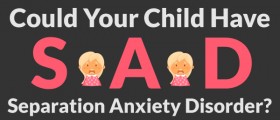




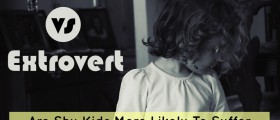
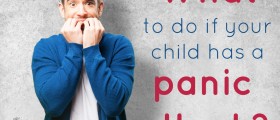

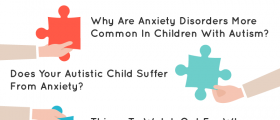
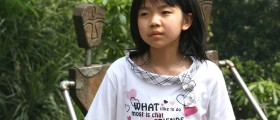
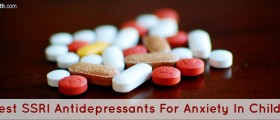

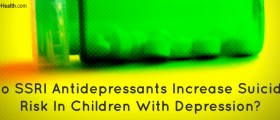


Your thoughts on this
Loading...